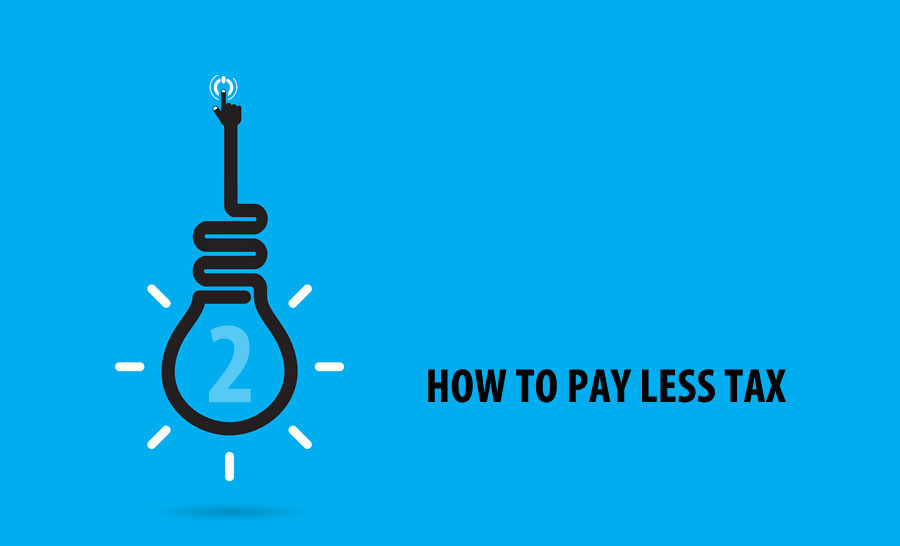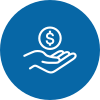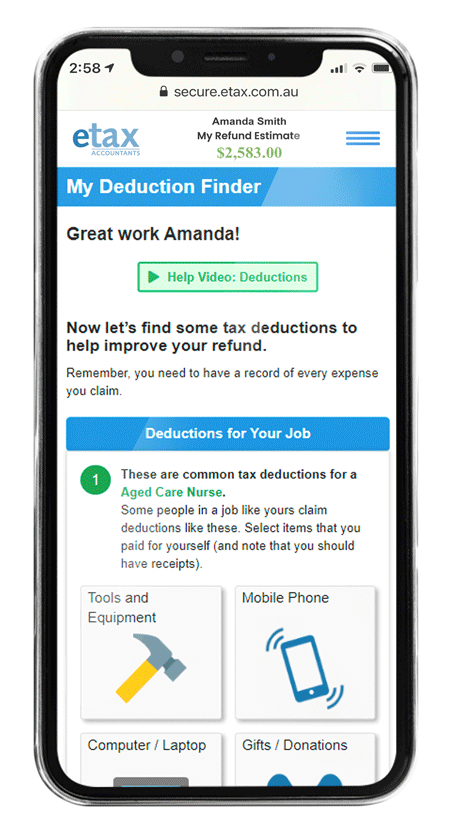
Here’s part 2 of our best ways to reduce your tax series:
If you’d like to see the first half of the list, click here for part 1.
Let’s look at more ideas about how to increase your tax refund this year.

6. Manage the timing of your tax deductible expenses
If you know in advance that you’ll have considerable tax-deductible expenses, you may be able to choose which financial year you purchase them in. That can be important to make the most of your tax deductions, especially if you’re a sole trader.
A few examples:
- if you have a large expense that is tax deductible and your income for that year is going to push you up to the next tax threshold, it may be best to purchase your item right before the end of the tax year. This will lower your taxable income for that year and, in some cases, could move you down into a lower tax bracket.
- In a year when you take unpaid leave or a break from working and your income (and tax) is lower, it might be better to delay purchase of larger tax deductible items until later, when your income and tax jump higher. This will help you reduce the tax paid on the higher tax bracket and save you more money.
- If you need to buy an expensive work-related item and it’s late in the financial year (the financial year is 1 July to 30 June) then buy that item in the financial year when your income will be higher. That helps to maximise the value of your tax deduction and improve your tax refunds.

7. Investments affect your taxes
Depending on your individual finances or circumstances, making an investment can also help you reduce tax considerably.
However, this is certainly not the case for everyone. Before you decide to invest, speak to your financial advisor, who will advise you if an investment will suit you. Remember, the investment should benefit you now AND into the future. There is no point saving a small amount of tax now, if a poor investment ends up losing you your original capital in the long run.

8. Pay off your mortgage
In general, you are taxed on your savings (because of the interest income you earn on savings) so if you are an avid saver, you could face a hefty tax bill at the end of each year.
If you are buying your own home, you can kill two birds with one stone by shifting savings toward your home loan instead. You pay down your mortgage PLUS you are no longer taxed on that money. The over payment is usually still accessible as a re-draw, should you need to use some of the money in the future. However, watching your home loan get lower and lower is exciting and that can make you think twice before dipping in.
If you need to save money that you have easy access to, you can still reduce your mortgage interest costs by using an offset account. (For a bit more about offset accounts, see number five in the smart ways to spend your tax refund.)
It’s a good idea to talk to a financial advisor for help planning the best mortgage and personal finance management that suits your own circumstances.

9. Adjust your finances with your partner
If you have a partner, it’s possible to adjust your finances between you, to optimise your tax circumstances.
For example, if as a couple you have shared savings in a short term account, earning some interest, it may be beneficial to invest that money in the name of the lowest income earner, because they will pay the least tax on the interest earned on that savings. Your financial advisor can help you make the most of this.

10. Selling Assets? Pay attention to the details
Do you plan to sell an asset that is subject to Capital Gains Tax (CGT)? One of the most common examples is a rental property or a house that has ever been rented out (including airbnb).
If you sell an asset that triggers CGT, there are some things to consider.
How long have you owned the asset? If you have owned the asset for longer than twelve months you may be entitled to a 50% Capital Gains discount. If you haven’t owned the asset for at least twelve months, you will have to pay more CGT.
Does your income fluctuate? If so you may choose to sell the asset in a year you expect to earn a lower income, as your capital gain won’t have such an impact of your tax liability.
The ways that selling assets can affect your taxes can get a bit complicated – so it’s a good topic where you’d best ask a tax agent for help. Etax helps tens of thousands of people with this every year.

11. (Bonus tip) Use the Etax deduction finder
When you do your tax return at Etax, you get live deduction tips based on your personal circumstances. It helps remind you about receipts you should find and deductions you can claim to reduce tax and boost your refund.
Start by entering your basic details, including your occupation. Add your income basics from your PAYG and bank interest from your bank.
Next, in the deductions section, you’ll see a bunch of clever suggestions. It shows common tax deductions for people with jobs like yours. Think about them. Did you pay for anything that’s shown there? Find a receipt and claim it! As you enter deductions, you can see your tax refund estimate updating, up at the top of the screen. Hopefully that number will be growing!
Want even more great tips on reducing your tax each year?




